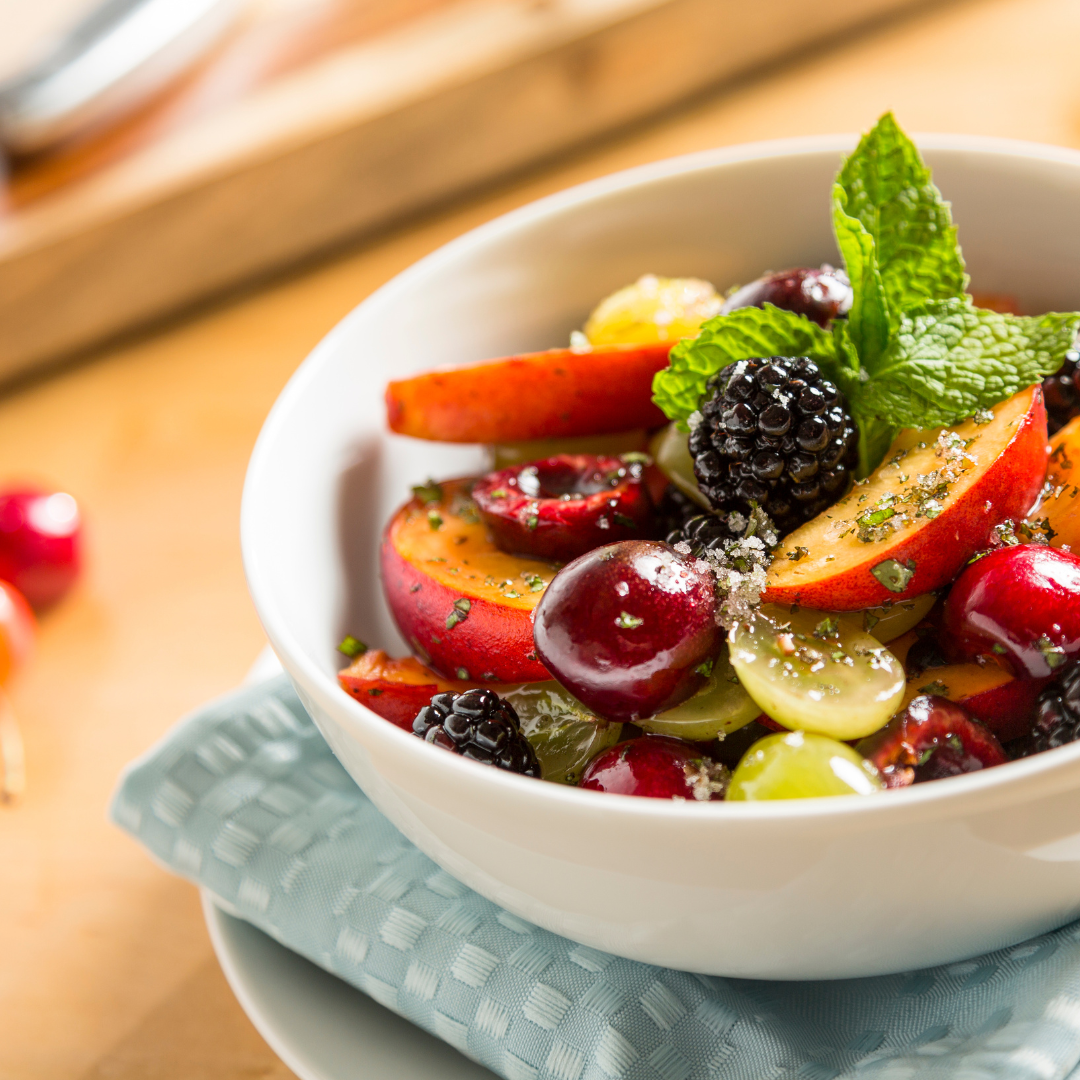What we eat and how we try to stay fit and healthy are naturally parts of our daily routines. And, adopting sugar substitutes to stay healthy should be one of the most meaningful pieces of health advice you will ever receive. You’ve probably heard that you should limit your intake of added sugar. But you may be wondering, “What does added sugar mean?” Is added sugar bad for you? How much added sugar should I use per day? Does honey have added sugar? How do I use fruit as a sugar substitute?
What is Added Sugar?
In simple terms, added sugars are sugars that manufacturers add to foods to sweeten them. Manufacturers understand that when we take sugar, a component of our body releases a hormone called dopamine. This hormone is also described as “the feel-good hormone or reward chemical,” and it continually drives us to crave more sugar. Manufacturers have been accused of pouring money into research just to keep you and I hooked on sweet delicacies.
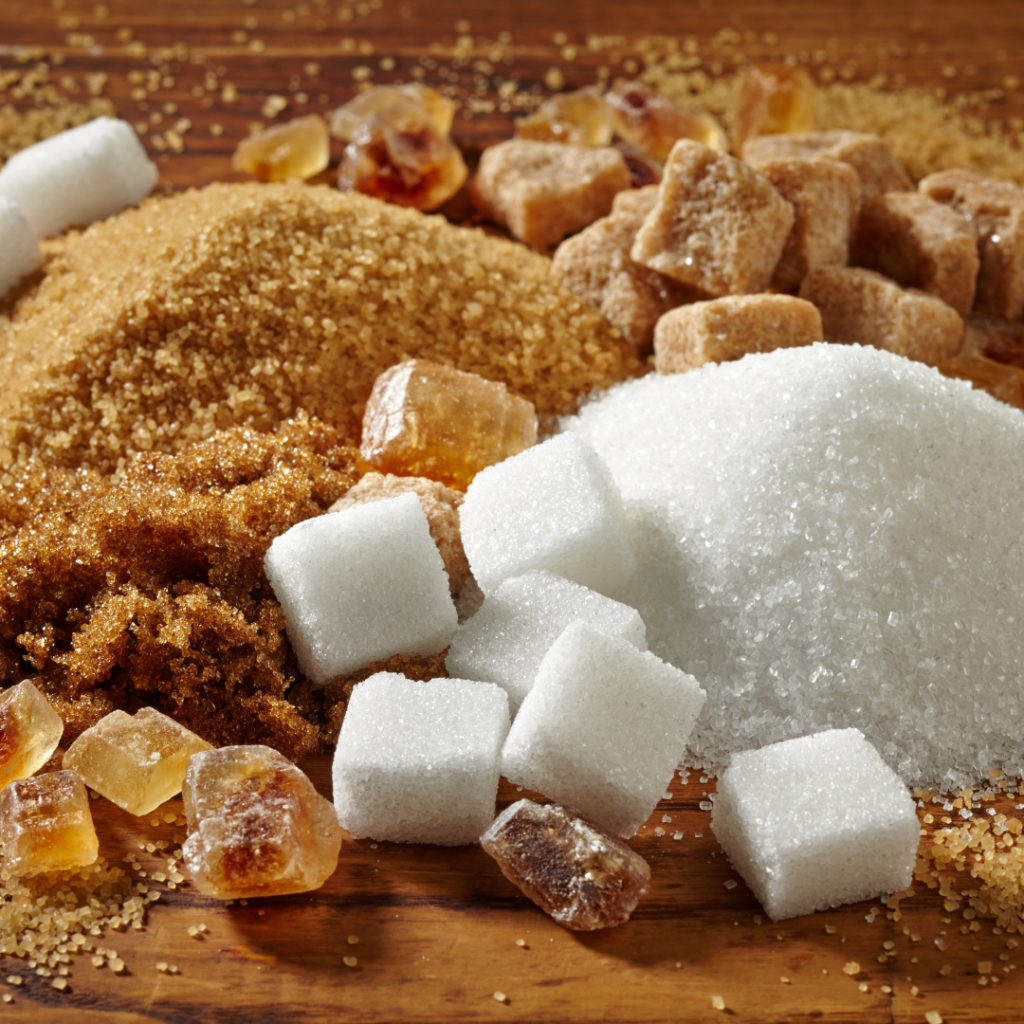


People love to consume very sweet food and drinks, and so they make sure to add high quantities of sugar to sweeten their products, without regard to the health damage that too much added sugar could cause. Know that added sugar and sweeteners come in many forms, such as raw sugar, brown sugar, glucose, fructose, maltose, etc. Discover all that makes life fabulous, subscribe to Fabl’style newsletter.
Bitter Danger Of Added Sugar
Added sugar, when taken in excess, has been confirmed to have negative health effects, such as inflammation, higher blood pressure, weight gain and obesity, diabetes, tooth decay, acne, and fatty liver disease. And medical studies have shown that many of these are “linked to an increased risk for heart attack and stroke.” When taken in small quantities, added sugar is beneficial, but in most cases, manufacturers use it in large quantities. To curb this, be your own manufacturer. And using fruits as sweeteners is, according to experts, your best and healthiest sugar substitute. But how do you go about using fruit as a sugar substitute?
Ways To Use Fruit As Healthier Sugar Substitutes
There are various categories of fruits, such as fresh, pureed, dried, etc., and each category has fruits that can be a great alternative to sugar as a sweetener in many recipes.
#1 Dried fruits
Dried fruits are another source of sweetener. Dried fruits such as dates and raisins can be soaked in water to soften and then pureed to extract the sweetness. You can use this to sweeten desserts or any drinks that you may wish to take. For example, instead of using added sugar as a sweetener in Tiger Nut Juice, you may blend the tiger nut with coconut and dates.
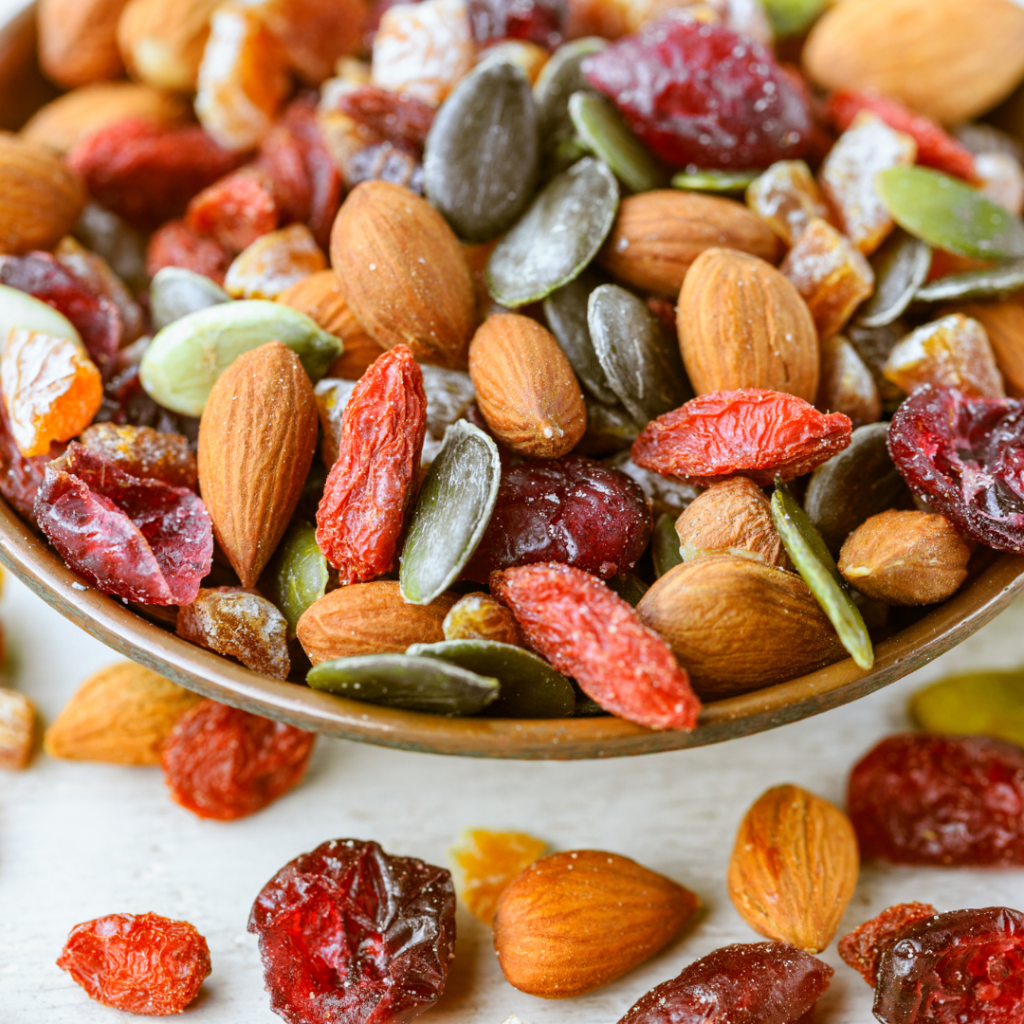
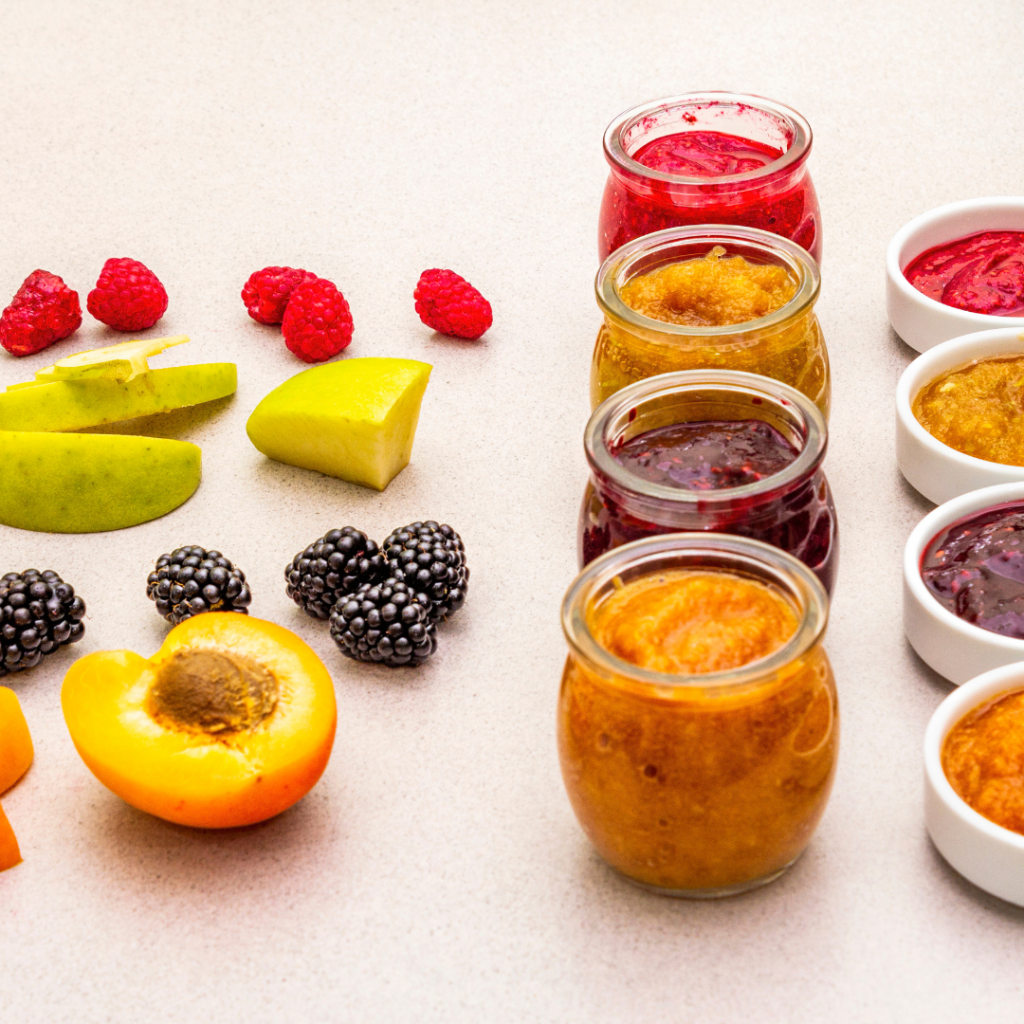
#2 Pureed fruits
Applesauce or mashed bananas, for example, can be used to substitute sugar in baking recipes. For this, you may mash the banana before adding it to your recipe. This lends a natural sweetness to whatever you’re making with it. Pureed fruits are not only a wonderful sugar substitutes; they can also be a suitable meal for those who have difficulties swallowing. Alternatively, they can be used as a drink thickener.
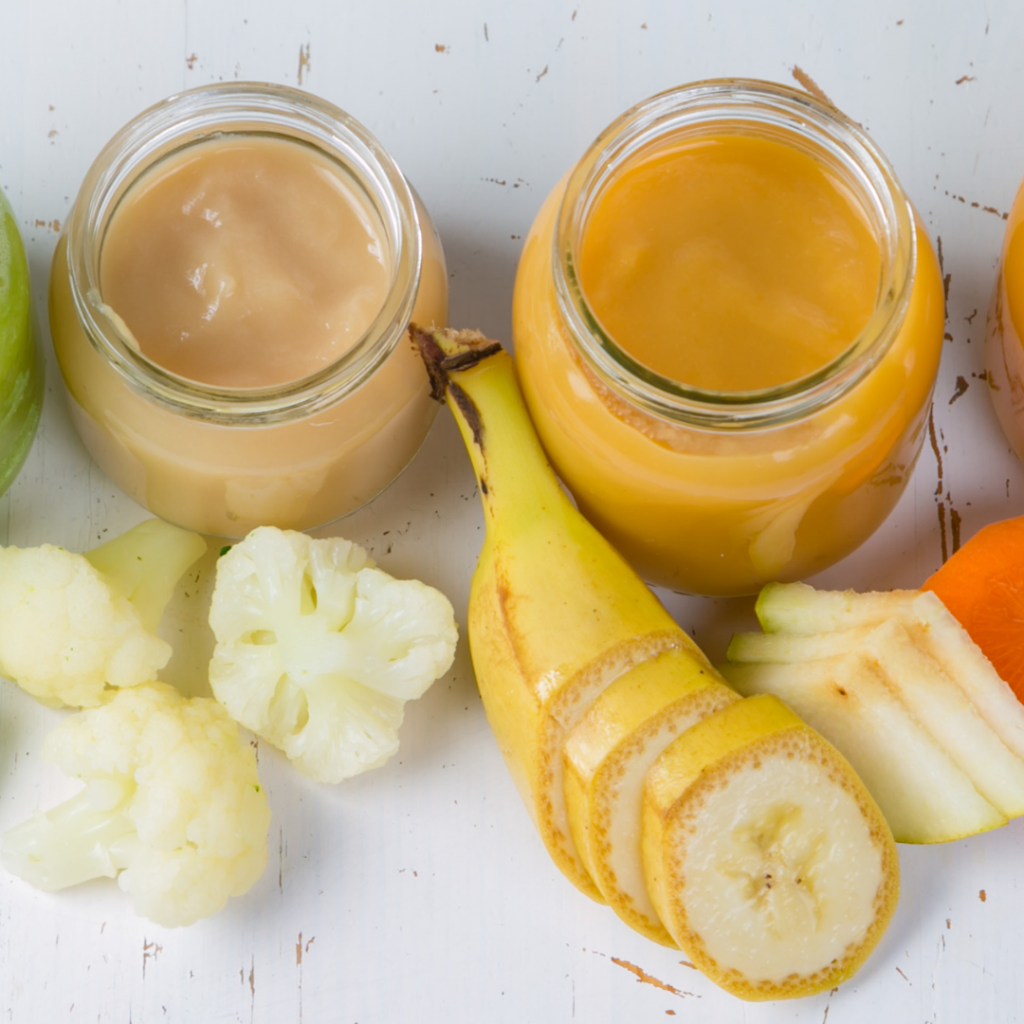



#3 Fresh fruit
Do you enjoy eating oatmeal first thing in the morning? You no longer have to use added sugar! If you need to sweeten oatmeal, smoothies, or yoghurt, fresh fruits like berries, mango chunks, chopped dates, and fresh or dried coconut are better and healthier alternatives to sugar. Little did you know that antioxidants found in abundance in blueberries may help your skin fight inflammation brought on by acne, psoriasis, eczema, and early aging. They all contribute to the nourishment and radiance of the skin.
#4 Fruit juice
Some of us enjoy starting the day with a cup of coffee, marinades, or tea. Yes! the burst of energy that follows. You may now say goodbye to added sugar! Fruit juice is always a fantastic substitute for sugar and a healthier sweetener. Next time you are making your morning tea, try it with fresh watermelon juice and send us a DM on Instagram to let us know how it goes.
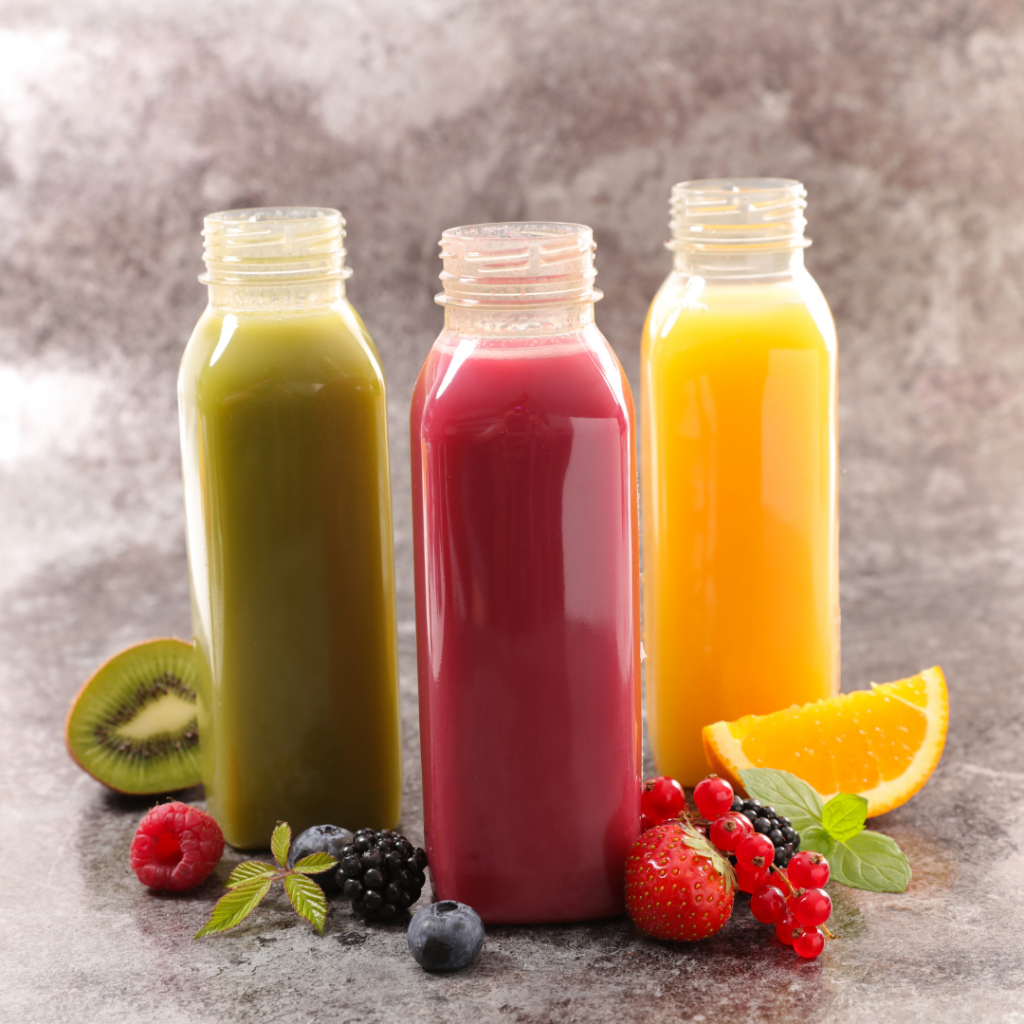
Wrap Up
Eating fruits, normally, have good health benefits, fruits give nutrients, such as vitamins and minerals. Fruits are also high in dietary fibre, which helps prevent constipation. So, using fruits as sweeteners is a healthier replacement for sugar, but as the saying goes, everything must be done in moderation. Embrace a sustainable lifestyle. This is because, even though fruits are beneficial to our health, they also contain natural sugar.
Cheers!
Fab Community





